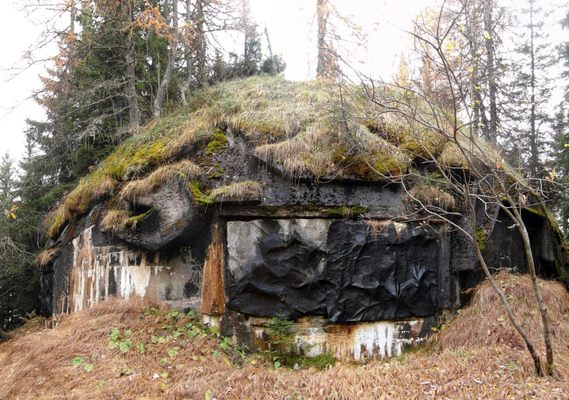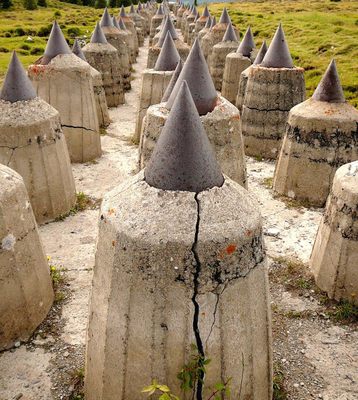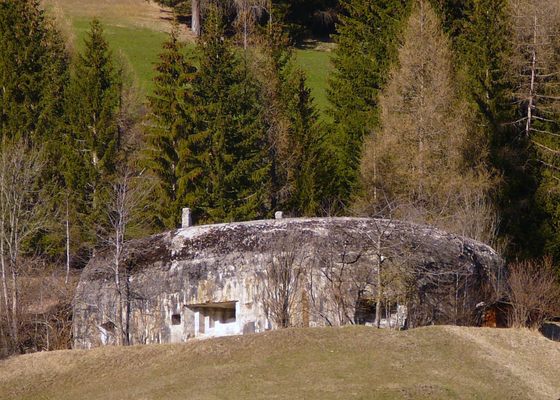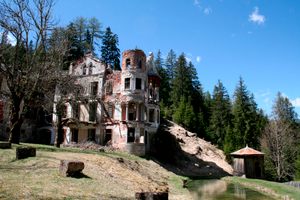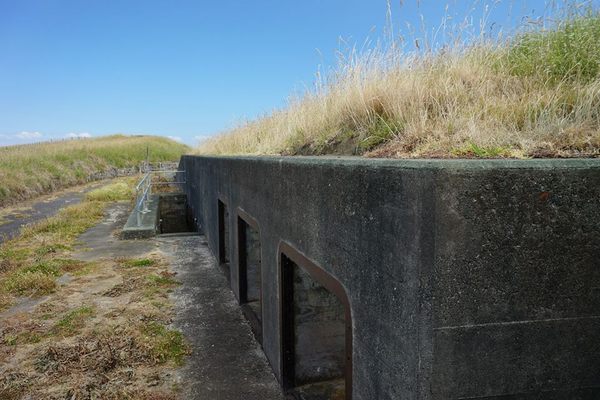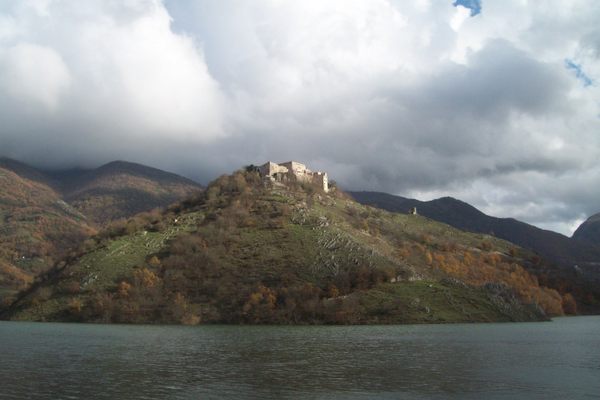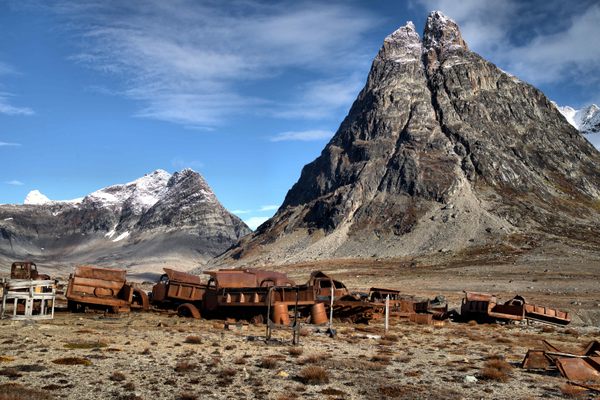About
Similar to the Maginot line of France, the Alpine Wall was built as a defense for Italy in preparation for World War II. There was concern that the natural defense of North Italy’s mountainous terrain was not enough as tensions rose with its neighbors along the top of the "boot"—France, Switzerland, Austria and the former Yugoslavia.
The mountains were enhanced with lookout posts and fortifications all along the passes, stretching over 1,100 miles. The Alpine Wall fortifications varied between three designs: large mountainside forts, rallying points and bunkers, and point-defense fortifications. Many of these can still be seen today.
Despite the economic burden of building them, these fortifications were barely used during the war. Few saw conflict and many were destroyed or later given to Yugoslavia as a part of war retributions. Later, when the Cold War ended, the Alpine Wall was abandoned and sealed.
Today these fortifications still serve a function: as a place of exploration. Visitors can walk back into the memories of the Second World War. These abandoned, austere concrete shapes adorn the melancholy, natural landscape of North Italy—a juxtaposition of the beauty of Earth along the horror of war.
Related Tags
Flavors of Italy: Roman Carbonara, Florentine Steak & Venetian Cocktails
Savor local cuisine across Rome, Florence & Venice.
Book NowPublished
June 23, 2017
